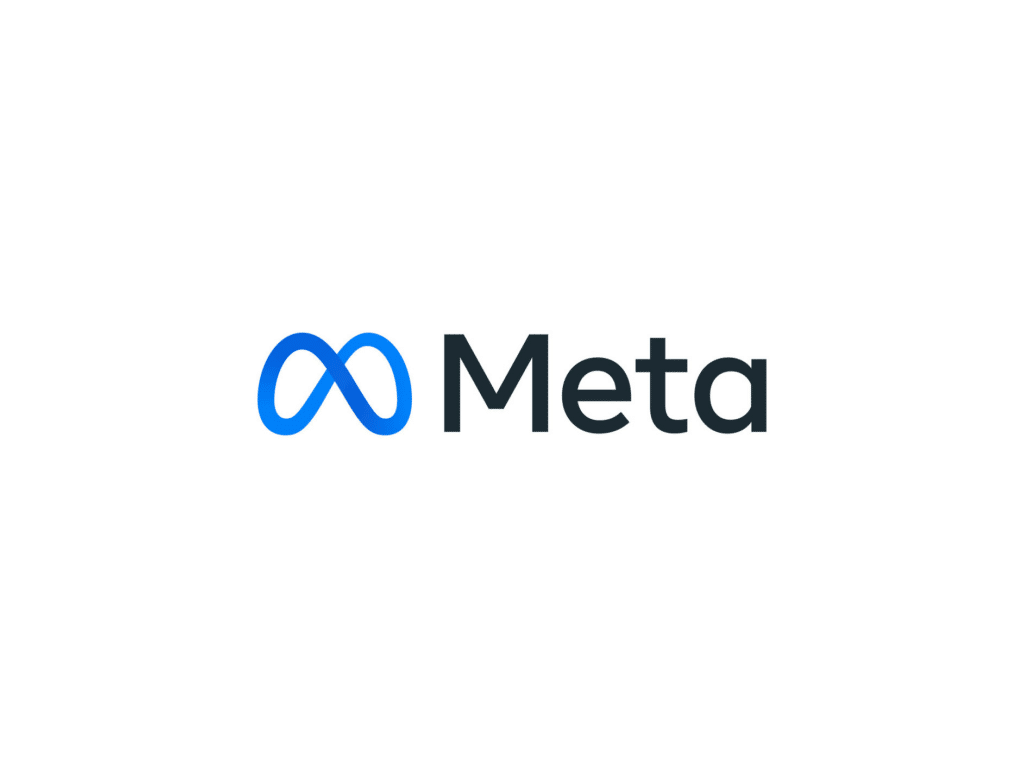[ad_1]
Numerous content creators, activists, and journalists have signed an open letter asking Meta to reverse its decision to limit the reach of accounts posting “political content” on Instagram, Threads, and Facebook.
Signatories include comedian Alok Vaid-Menon (1.3 million followers), news account So Informed (3.1 million), “Glee” actor Kevin McHale (1.1 million), activist Carlos Eduardo Espina (664,000), Under the Desk News (397,000), and others.
Meta announced the policy change in February, expanding its existing strategy from Facebook to Instagram and Threads and stating the platforms would no longer recommend content about politics and social issues to users in the United States.


As The Washington Post reports, the restrictions have alarmed many who post about topics like LGBTQ rights, women’s rights, racial inequality, and disability rights. Independent journalists and creators say they have struggled to reach audiences since the change rolled out, with accounts focused on marginalized communities reporting significant declines in engagement.
The open letter, organized by the nonprofit Accountable Tech and LGBTQ rights organization GLAAD, calls for Meta to allow users to opt into viewing recommended political content rather than automatically restricting it.
“Removing political recommendations as a default setting, and consequently stopping people from seeing suggested political content poses a serious threat to political engagement, education, and activism,” the letter states.
Under the new guidelines, the letter continues, “political content” encompasses any posts on topics “that affect a group of people and/or society at large,” including LGBTQ issues, women’s rights, racial discrimination, and disability rights. Creators have reported the filters are also restricting seemingly unrelated content.
Ky Polanco, the co-founder of the feminist Instagram news page @Feminist, said the account’s reach plummeted from 10 million to 800,000 users the week the limits took effect. “This hurts people’s access to information and their ability to find accurate information,” Polanco said.
GLAAD criticized categorizing “social topics that affect a group of people and/or society large” as political, stating “LGBTQ people’s lives are not ‘political content’ or political fodder.” The restrictions came as some states moved to limit medical care for transgender youth.
“Limiting the reach of creators without notice or definition of what constitutes ‘political content’ threatens their identities and livelihoods,” Nicole Gill, co-founder and Executive Director of Accountable Tech, told the Washington Post. She warned that the policy could leave users without access to critical election news in 2024.
The extent of the policy’s impact is unclear, as Meta has not provided data on affected posts. However, some creators who opted out still report reduced reach for political and social issue content.
George Lee, who has over 470,000 Instagram followers posting on race, class, and gender issues, said his engagement metrics dropped around 50% after the change. He fears the restrictions will further marginalize creators from underrepresented groups and limit content challenging mainstream narratives.
“Me being Black, I didn’t politicize that, someone else did,” Lee told the Washington Post. “This is going to have horrible residual impacts on different marginalized communities.”
According to WP, this is not Meta’s first attempt to restrict politicized content. When Threads launched in 2022, it blocked searches for terms like “coronavirus” and “vaccines.” The platform still prohibits some words from searches, limiting news on topics like revenge porn.
[ad_2]
Source link
Jarastyle – #Creators #Call #Meta #Reconsider #Political #Content #Limits #Instagram #Threads #Facebook
Courtesy : https://www.netinfluencer.com/meta-political-content-open-letter/

